
Study design

Project partners
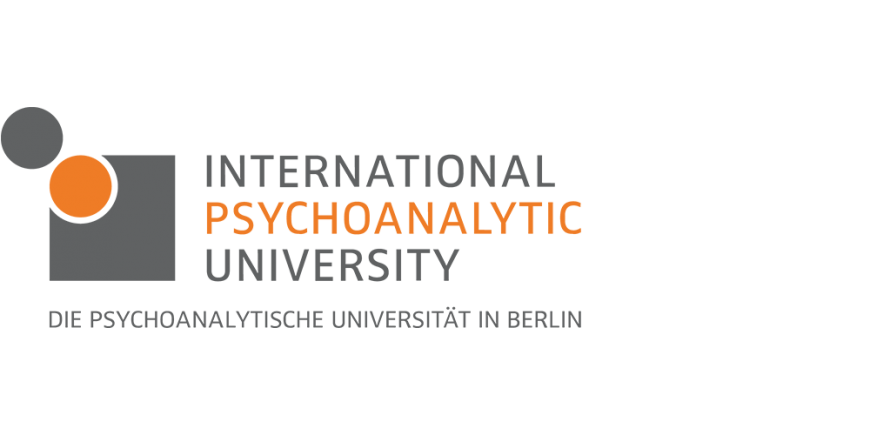

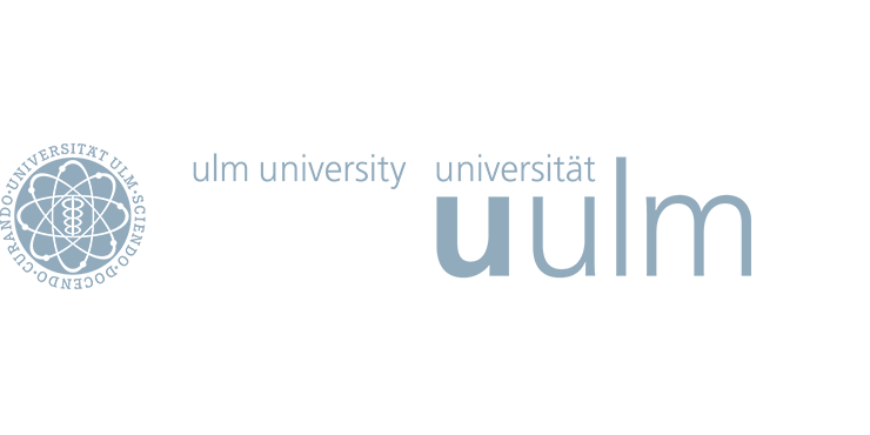
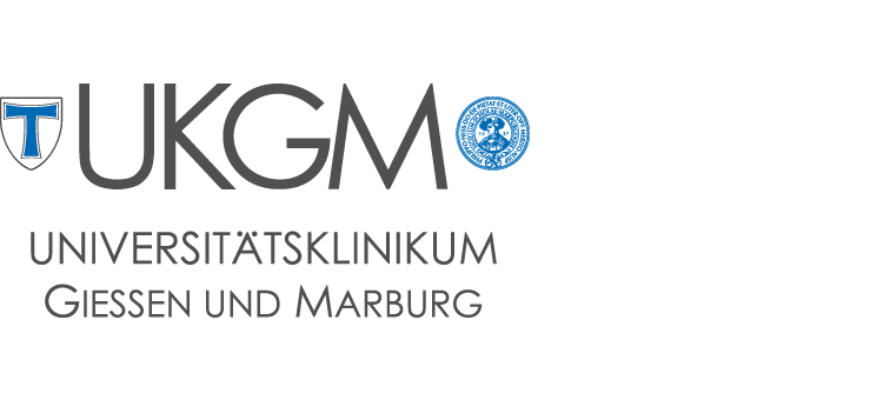
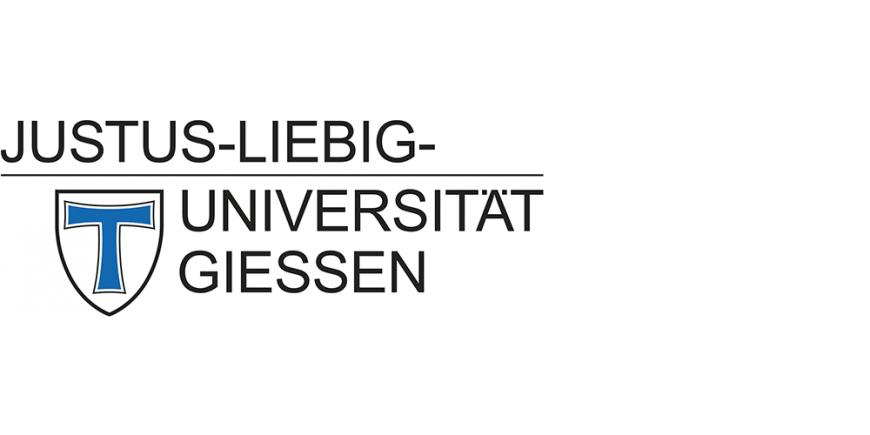

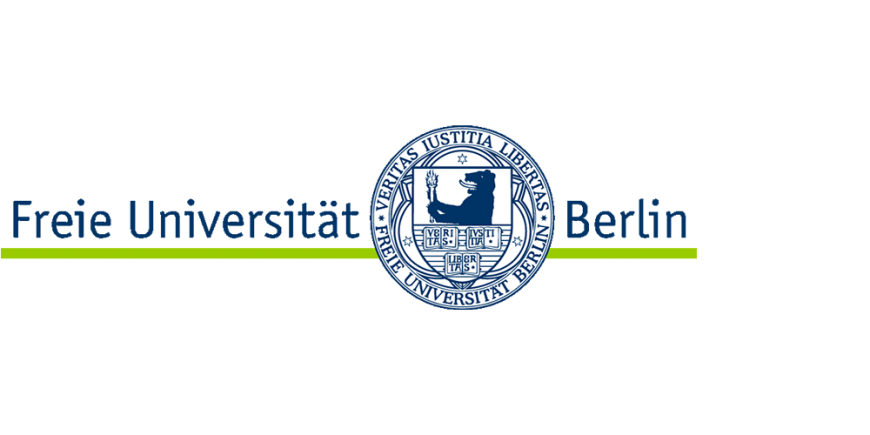
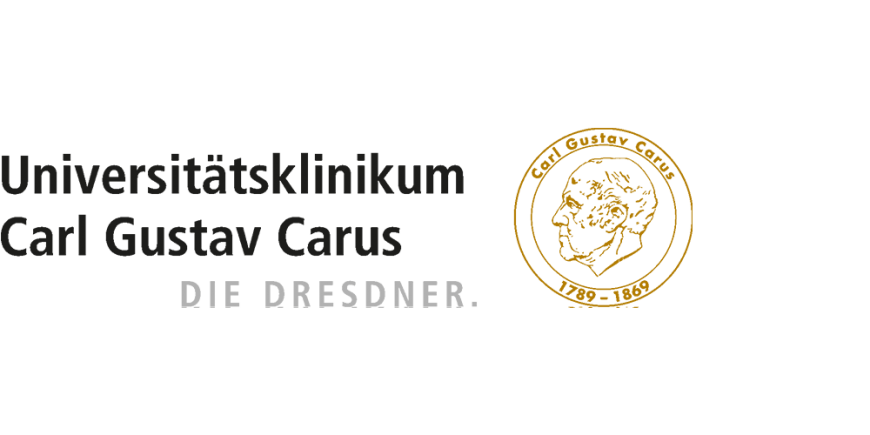
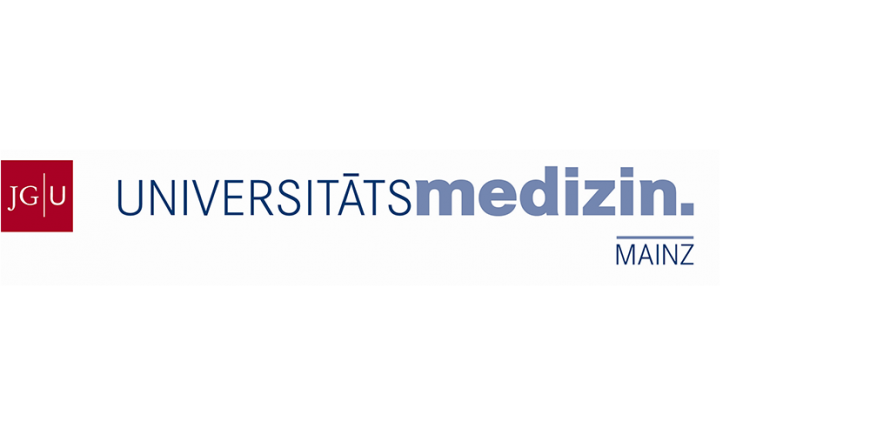

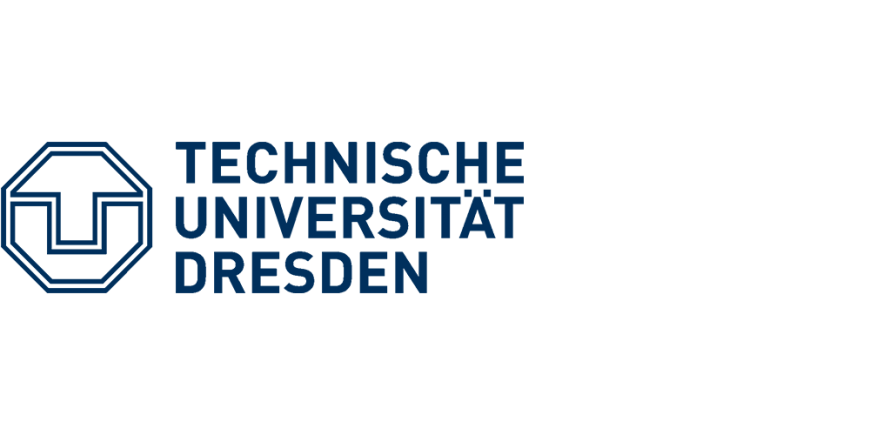

Enhancing Understanding and Treatment of Post-Traumatic Stress Disorder Related to Childhood Maltreatment – ENHANCE
Background
Childhood maltreatment (CM) has long-lasting effects on mental health at both a psychological and neurobiological level, including the development of post-traumatic stress disorder (PTSD).
Aims and Objectives
The research network »ENHANCE« aims to improve the psycho-biological understanding and treatment of PTSD related to childhood maltreatment (PTSD-CM).
Study design
The central randomized clinical multicenter trial (A-1) focuses on the improvement of two trauma-focused treatments; a method of trauma-focused cognitive behavioral therapy (STAIR-Narrative Therapy) and a method of trauma-focused psychodynamic therapy (TF-PDT). A minimal attention waitlist condition is included as an additional control condition. The duration of the study is planned for a total of 4 years. Four subprojects (B-1, B-2, B-3 and B-4) are related to A-1 (see figure 1).

Sub-projects: B1-B4
Treatment integrity and mechanisms of change (B1)
Subproject B-1 “Treatment integrity and mechanisms of change in STAIR-Narrative Therapy and TF-PDT” has three objectives:
Firstly, treatment integrity of the two active therapy conditions (STAIR-Narrative Therapy, TF-PDT) will be examined. Treatment integrity describes the extent to which therapists follow their treatment manual. High treatment integrity ensures that observed differences in effectiveness can be attributed to interventions. It provides an important aspect of quality assurance and will ensure internal validity.
Secondly, mechanisms of change will be identified for both treatments. For this purpose, interventions will be systematically linked to outcome measures in order to investigate their effectiveness. Awareness of helpful positive interventions will improve further treatments.
Thirdly, moderators (e.g. type of trauma) and mediators (e.g. mentalization) will be examined. Relationships between subprojects (RCT, mechanisms of change, biomolecular mechanisms, neuroimaging) and health economic evaluation will be investigated to examine connections between the psychotherapeutic processes (treatment integrity) and changes on a biological, neural and economic level.
Biomolecular Psychotraumatology (B2)
Project B2 examines the effectiveness of the two active therapy conditions (STAIR-Narrative Therapy, TF-PDT) with regard to their effects on biological damage caused by oxidative stress (DNA damage, telomeres) in the context of childhood maltreatment. The neuroprotective protein BDNF and the production of free radicals will also be investigated during the course of the treatments.
Neuroimaging (B3)
Childhood maltreatment has serious effects on health in both, a psychological and neurobiological level. The ENHANCE treatment study aims to improve the psycho-biological understanding and treatment of PTSD-CM. The aim of the functional and structural magnetic resonance imaging study B3 is to investigate and predict neural correlates underlying short and long-term psychotherapeutic changes.
Health economic analyzes (B4)
In project B2, the costs and benefits of both treatments (STAIR-Narrative Therapy and TF-PDT) are examined and compared with each other.
The results of the consortium will have an impact on clinical practice in Germany, since both treatments belong to officially recognized and so-called “guideline therapies”. This will improve the quality of life of those affected by PTSD-CM whilst helping to reduce the distress and lower the costs of the illness. This will also be achieved by lowering the neurobiological effects of violence and abuse.